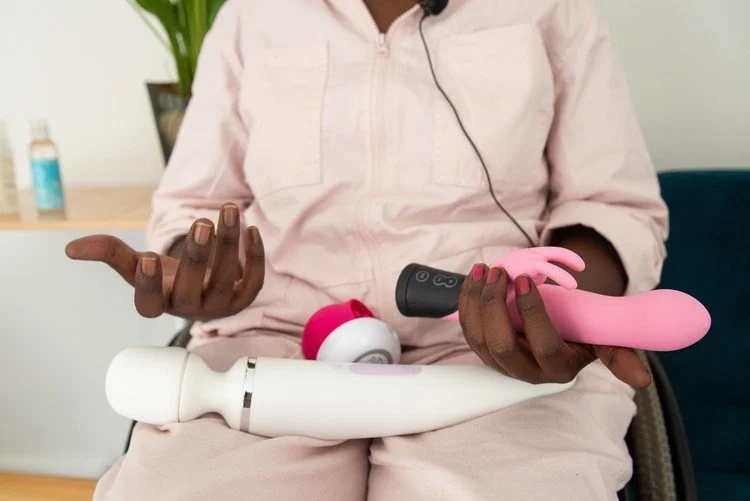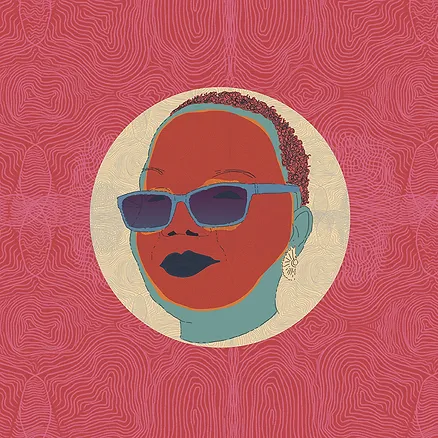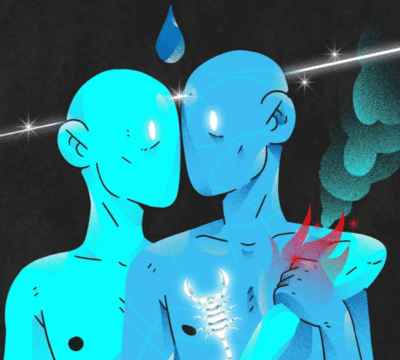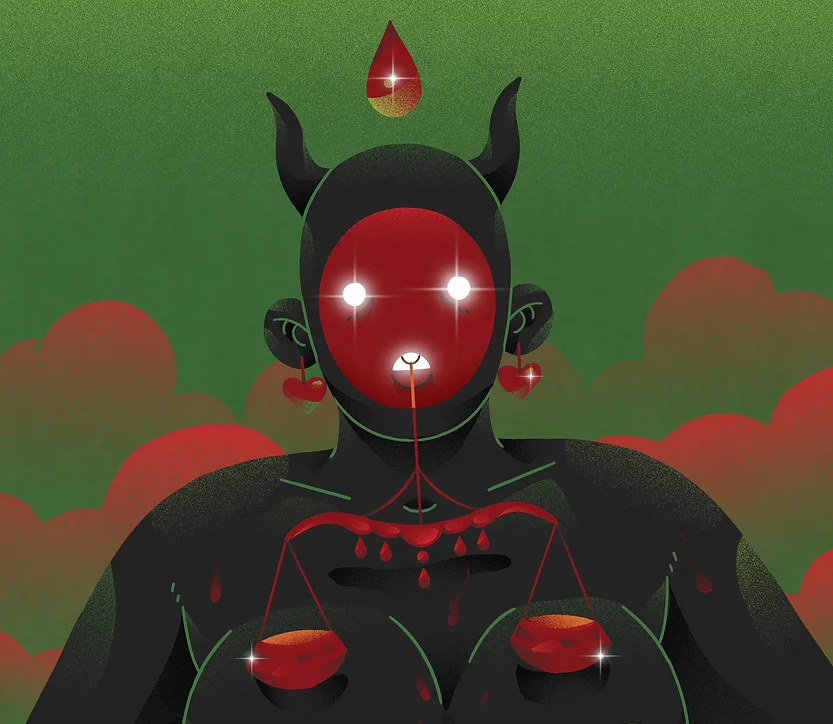
Fleeting moments
These poems are inspired by my partner and the ins and outs of our queer relationship. I write with the hope of capturing fleeting moments of our lives together
the pleasure is all ours

Written by Makgosi Letimile (she/her)
Image by Ashraf Hendricks
Patriarchy robs men from themselves and they in turn rob others, it’s a vicious cycle. The consequences are seen and felt in the stories that make the mainstream news and the ones we never hear about. It’s a reality we are suffering through every day as Black women in South Africa.
During the lockdown, I have been open about my sex work on social media. Unfortunately this has meant experiencing online violence. From no basic respect to having to defend myself because I said no thank you, I have felt uncomfortable even when I was not explicitly discussing my work.
Sex work is not a new thing. Yet it still surprises me that people will not afford the profession the respect it deserves. They will acknowledge that sometimes sex workers are forced by our economic situations to get into sex work, lament about the desperation that women and queer people experience within an exploitative economy, talk about how sex work is a bread and butter issue – and still turn around and try to bargain down.
The suggestion that they pay me for my time and engagement receives pushback. How many other jobs out there don’t charge for time? Why does my being a sex worker make people unreasonably violent? I often wonder if I’m subjected to these experiences because I’m a Black, dark-skinned, disabled woman.
We are all working under a capitalistic system that is coming apart at the seams because it never prepared itself for a virus that would need us to stay indoors. We are driven by the system to be productive even while staring death in the face. Disability has meant more expenses as ableism takes away whatever accessibility we thought we had. My work and my time matter more now than ever before.
Black men being the most violent threat to me has not escaped me. It has broken my heart more times than I care to count because in their violence they are also depriving themselves of an opportunity to learn and possibly teach others about how to survive a patriarchal society. Online, their violence means I am cornered into an unsafe space which steals the joy and health from my work; it takes away the reason I started doing the work.
I started talking about sex on social media when it was still taboo. Now, I often openly post about sex, sex toys and sex work – and I am also more aware of how cishet men respond to my content. They are violent and they have no regard for my privacy; they refuse to pay me for my work while simultaneously making demands of my time and energy. In my time online, I have discovered that queer people don’t have these negative attitudes.
Before I was diagnosed with meningitis, I did not consider cishet men’s behaviour a threat – I knew that I could trust my body and I could run away, make a quick exit. Since the disease affected my spine function and my mobility, I have had to think more deeply about my mortality and my vulnerability. This has changed my sex work practice in various ways, making me more aware of what I post and the message it sends about myself and my needs. I have also realised that being able to block people from all platforms is a life saver.
I think my shock also comes from my naivete. I was under the impression that if I emphasised enough times that I was documenting my experiences of pleasure as a disabled woman for health reasons, that would buy me respect. I fell into the old-fashioned respectability trap. It soon became clear tha it didn’t matter to the world that I was having orgasms so I can stop being incontinent; so I could be seen as something other than “disgusting”.
I thought if I bargained with the patriarchy that I was doing sex work for the greater good it might respect my humanity. It’s awkward to be considered a feminist and still find myself playing by the rules as if I don’t know that the patriarchy has its own rules and we are trying to dismantle it. I don’t know if I would have worked openly as a sex worker if there was no pandemic. The false sense of security of knowing that random strangers don’t have a chance to be in close physical proximity to me has assured me temporary safety for now.
I know that the world will be a different story when the vaccine is found. My only hope is that by then I have made enough noise about decriminalisation and the protection of all sex workers. It’s an ongoing call that I have made over the years: I am aware that all sex workers, regardless of orientation or ability, need to be protected. I stand for all of us.
Posting about my disability challenges, such as living with incontinence and having embarrassing accidents because I couldn’t always control my body, raises awareness. Sharing information and making sure my followers know about inclusivity in the pleasure space creates a safe space for me online.
Sharing with other women and gender non-conforming people how to give themselves guilt-free orgasms has been an affirming experience in my healing. Learning to use toys on myself helped me to work through trauma and helped me to love myself. In the process, I have opened the minds of all who follow and engage with my work.
As the virus took hold, I was reminded that the disabled are considered disposable: the speed at which we were offered up as the first should there be no other option but death
was horrible to witness. While the world boldly declared how we are not needed anyway, I realised that I’m trying to negotiate my humanity with ableism. I hoped I would be seen as more than a disabled woman but it turns out there is no playing nice with the forces in this world. I decided to be as loud as I could be about sex work. If the world were to end tomorrow I want whoever is disabled and comes across my work to understand that it was out of love for myself and all the unknown and forgotten disabled that I filled my social media with this important content.
I’m proud of my work. I tell anybody who is willing to listen how life-changing it is. The senseless violence that comes with it is worth it, I think.
I’m counting on time being kind to me and my words and my pictures. I hope that when it opens outside I can still loudly and proudly do my work with equitable pay and limited threats. I dream of a violence free existence, but I’m also not in the game of deceiving myself. Life has not given me enough breaks for me to even consider that a possibility.
My plea, as useless as I know it is, is for cishet men in particular to respect and pay sex workers their dues in cash. They claim to care about Black people, so they owe us our money at the very least.
Written by Makgosi Letimile (she/her)
South African

I’m a reluctant Disabled activist with a penchant for Mary Jane and sex toys.
Image illustrated by Rendani Nemakhavhani (she/her)

These poems are inspired by my partner and the ins and outs of our queer relationship. I write with the hope of capturing fleeting moments of our lives together

October brings the Rx afterglow and welcomes Libra and the eclipse season. This month features two magical eclipses the first at New Moon in Libra

September has sprung, and another equinox approaches. Southern Hemisphere baddies welcome springtime, while autumn leaves begin to fall over the baddies of the North.